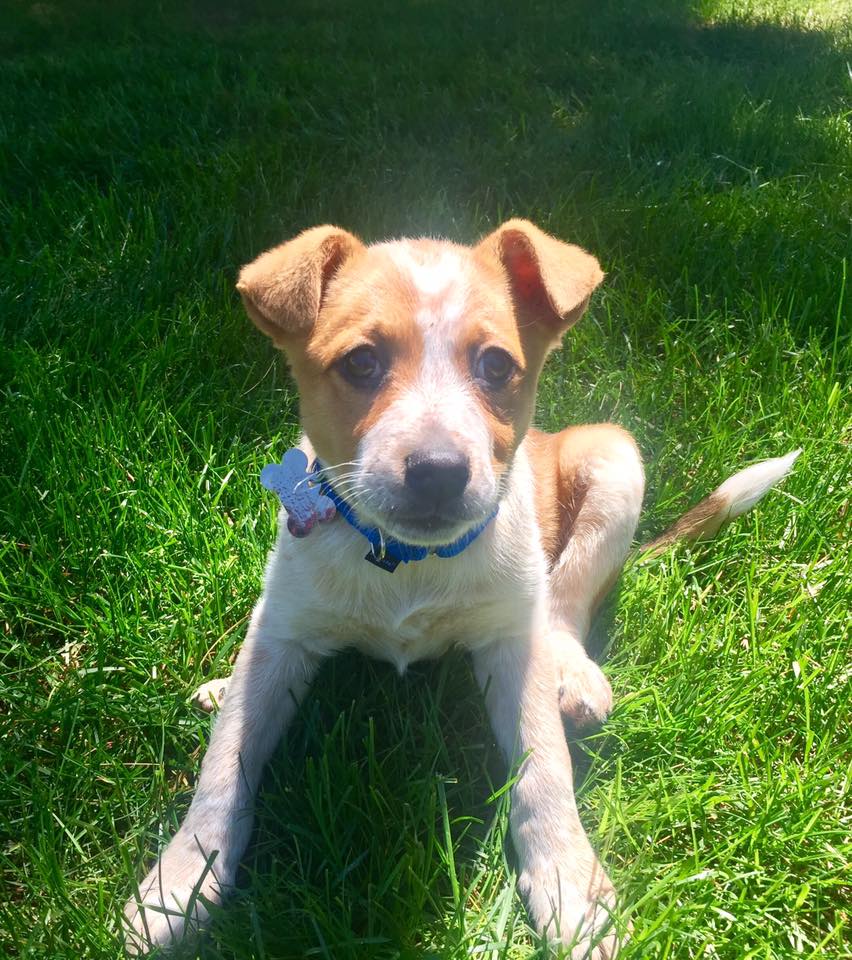Everyone loves a puppy. He’s adorable, tiny, and too young to be held accountable for his actions. He pees on the floor because his bladder is small. He nips your finger because he doesn’t know any better. He uses your favorite sandals as a chew toy because he’s teething. He should behave better as he gets older, right?

Sure, in theory. Just like teenagers should be easier to parent than younger kids. But anyone who has a teenager, or has been a teenager, knows that theory doesn’t hold up in the real world.

Researchers have found that just like humans, adolescent dogs can be a challenge. The pooch that followed commands as a youngster is less likely to obey during adolescence, and may show more misbehavior due to hormonal changes and brain reorganization.
When is a dog a teenager? It’s typically between six and eighteen months. Here’s the kicker: many rescue dogs are adopted during this adolescent period, and too many are returned because they aren’t perfect canine companions. But there are things you can do to weather adolescence without giving up your dog.
Exercise your pooch.
A tired dog is a well-behaved dog, and your adolescent pup has incredible stamina. Walk her, run with her, let her play with fellow dogs. She’ll burn off that energy and alleviate boredom, which can lead to destructive behaviors.
Use a crate or dog-proof your home.
Just because he’s past the puppy stage doesn’t mean your dog can’t (and won’t) be destructive if he’s bored, anxious or lonely. His bladder may be large enough to stay home alone for hours, but giving him the run of the house is risky. Your teenage dog isn’t old enough to be consistency trustworthy in an empty home, so continue to crate him or confine him to a dog-proof area when no one is home, and provide him with safe and acceptable means of entertainment and chewing.

Spay or neuter.
Adolescent dogs have hormones just like human teens, so head it off with timely spay or neutering. Dogs in heat can lead to increased urination, aggression between dogs, and of course, accidental pregnancies.
Be consistent and patient.
Research has shown that adolescent dogs can be less responsive than puppies to commands from their humans, but MORE likely to follow commands from a stranger than you. Typical teenage behavior, right? Give your dog a break, and reinforce training instead of punishing him or declaring him a lost cause.
Strengthen that bond.
Regardless of his teenage angst, the bond between you and your dog can weather this period. Continue to give positive reinforcement and provide a safe place for your pooch, so that you can both come out the other side and enjoy doggy adulthood together.
If you have a puppy, teenage, or even an adult dog who could benefit from training (and really, what dog couldn’t?), check out Canine Humane Network’s training page.
*****
